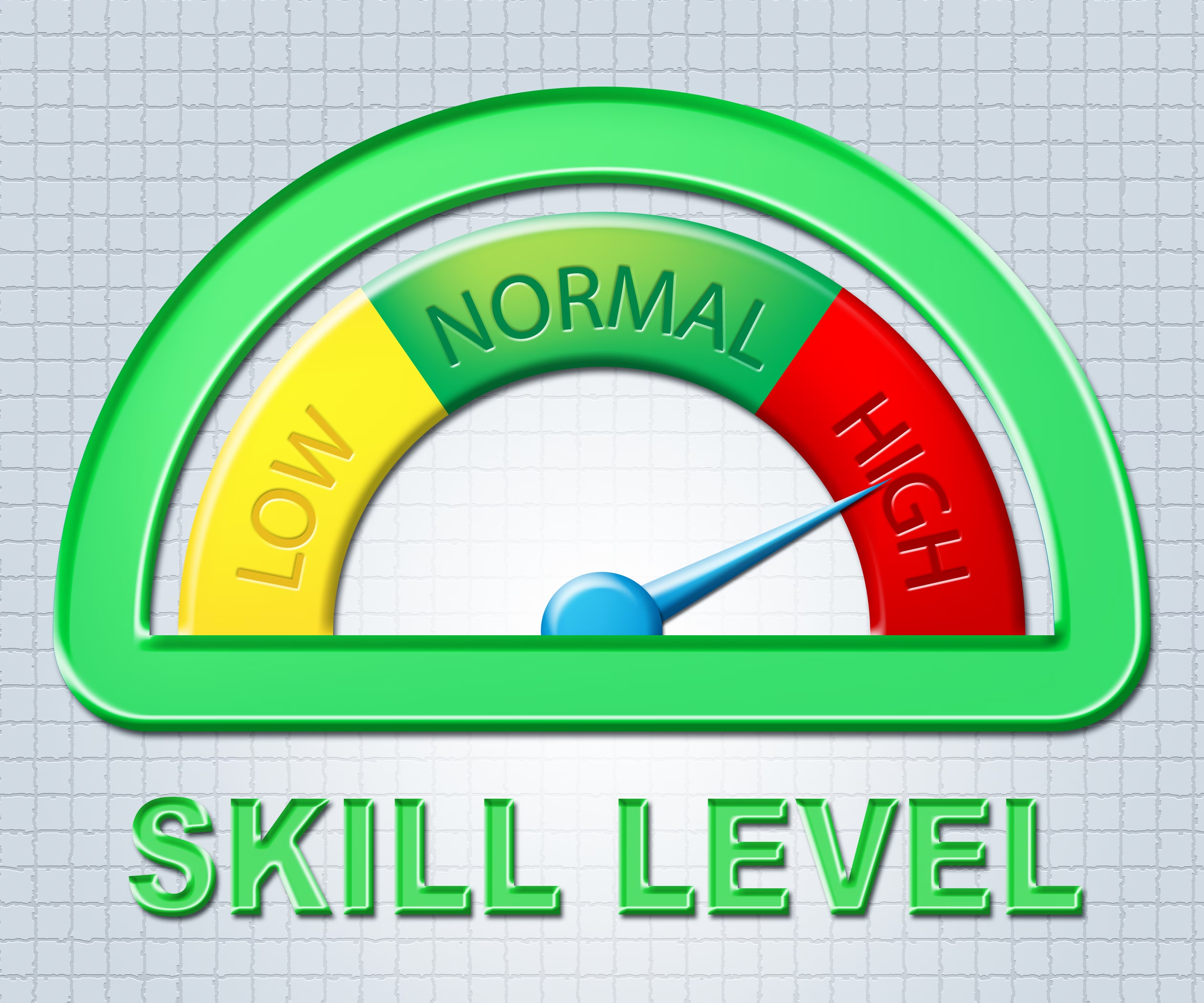With hiring, professional growth, or career advancement, the concepts of soft and hard job skills are often discussed.
While both are important for workplace success, they serve distinct purposes.
Let’s break down the differences between soft and hard job skills and explore why a balance of both can make or break career opportunities.
What Are Hard Skills?
Hard skills are the technical, measurable abilities required to perform specific tasks.
These are typically learned through formal education, training programs, certifications, or hands-on experience. Hard skills are job-specific and often form the foundation of a candidate’s qualifications.
Examples of Hard Skills:
- Proficiency in software like Excel, Photoshop, or AutoCAD
- Programming languages such as Python, Java, or HTML
- Financial skills like budgeting, auditing, or tax preparation
- Foreign language fluency
- Machinery operation or other specialized technical expertise
Hard skills are usually easier to evaluate since they are quantifiable. For instance, if a job requires advanced Excel capabilities, a candidate might be tested on their ability to use pivot tables or complex formulas.
What Are Soft Skills?
Soft skills, often referred to as interpersonal or people skills, relate to how individuals interact, communicate, and function within a team.
These are less tangible and harder to measure but equally important in determining workplace success. Unlike hard skills, soft skills are universal and can apply to any job or industry.
Examples of Soft Skills:
- Strong communication and active listening
- Adaptability and problem-solving
- Leadership and teamwork
- Time management and organizational skills
- Emotional intelligence and conflict resolution
Soft skills are geared toward building relationships, handling stress, and adapting to dynamic environments. For instance, an IT professional who can explain technical concepts in simple terms to non-technical colleagues demonstrates valuable communication skills.
How Do They Work Together?
While hard skills often determine whether you qualify for a job, soft skills decide how well you perform and grow within it. For example:
- A graphic designer might have advanced technical skills in Photoshop (hard skill), but their ability to understand client needs and take constructive feedback (soft skill) leads to project success.
- A sales manager needs to understand market analytics (hard skill) while also motivating their team (soft skill) to achieve sales goals.
Employers increasingly look for candidates who can balance technical expertise with interpersonal effectiveness.
Why Both Matter
Hard skills are crucial for executing tasks, but soft skills create a harmonious workplace. A balance of both demonstrates that team members are not only proficient in their roles but also positive contributors to the overall team.
Professionals who invest in developing both sets of skills position themselves as adaptable, capable, and well-rounded—a win-win for career growth and workplace success.
About Focus HR, Inc.
Focus HR, Inc. uncomplicates the people side of business by providing small business owners with outsourced HR, project HR, and Leadership Coaching. For more information, please contact us today! If you liked this post, please subscribe to our blog. You can opt out at any time.
To learn more about FocusHR and for updates, please like our Facebook page and follow us on LinkedIn.

